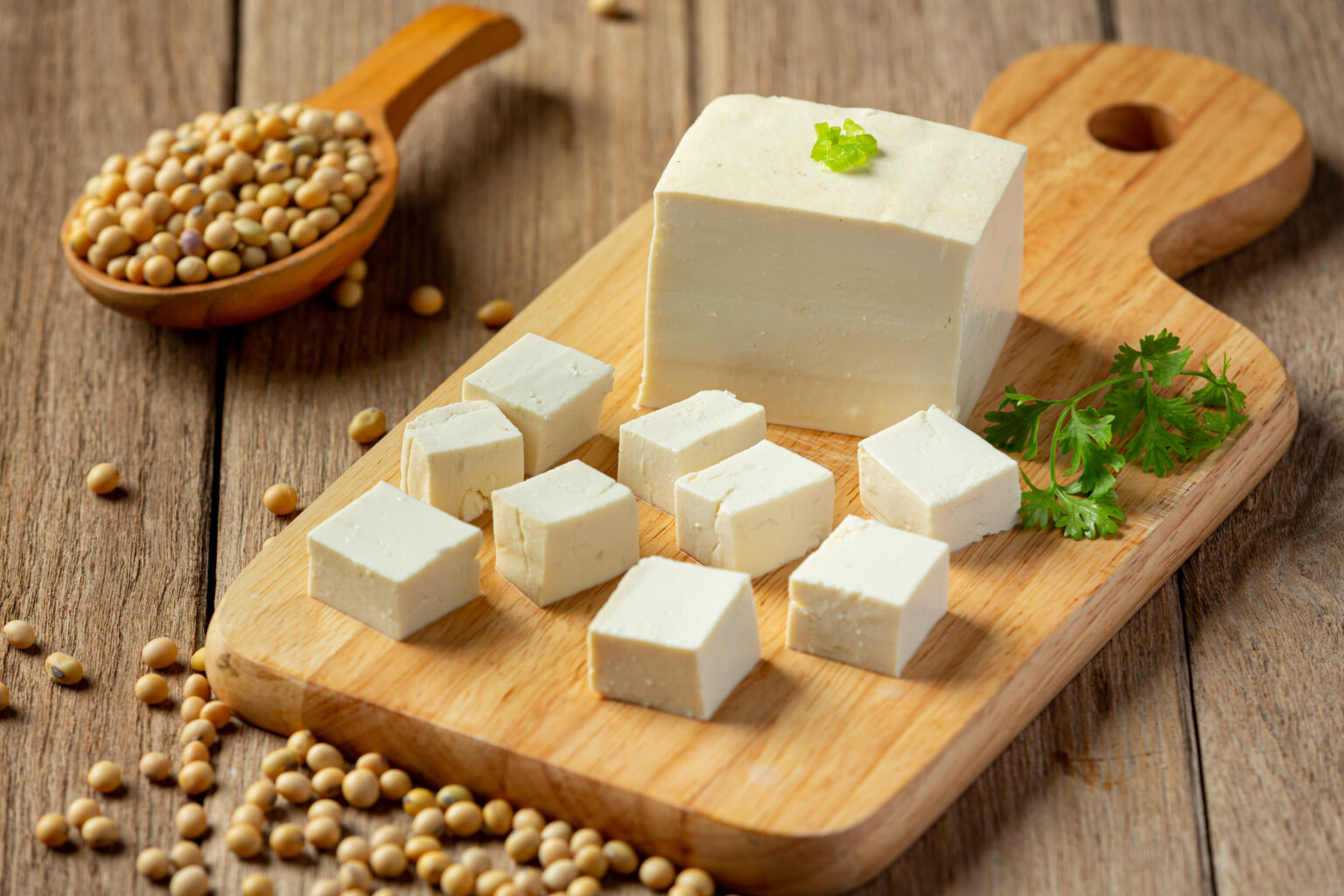A plant-based diet has gained significant popularity in recent years, with more individuals embracing a vegan lifestyle for ethical, environmental, and health reasons. One common concern for those considering or transitioning to a plant-based diet is meeting their protein requirements without consuming animal products. Fortunately, there is an array of vegan protein sources available that can help individuals achieve optimal protein intake and maintain a balanced diet. In this article, we will explore some of the top plant-based protein sources and how to meet protein requirements on a vegan diet.
Understanding Protein Requirements
Protein is a vital macronutrient that plays a crucial role in various bodily functions, including muscle growth and repair, hormone production, and immune system support. The recommended daily protein intake for an average sedentary adult is around 0.8 grams of protein per kilogram of body weight. However, athletes, pregnant or lactating women, and individuals with certain health conditions may require higher protein intake.
Vegan Protein Sources
Contrary to common misconceptions, plant-based diets offer an abundance of protein-rich foods. Here are some excellent vegan protein sources:
- Legumes: Lentils, chickpeas, black beans, and other legumes are protein powerhouses. They are not only rich in protein but also provide fibre, vitamins, and minerals. Including legumes in meals such as stews, salads, and soups is a fantastic way to boost protein intake.
- Tofu and Tempeh: Derived from soybeans, tofu and tempeh are versatile protein sources. They can be used in stir-fries, curries, sandwiches, and salads. These soy-based products are not only high in protein but also contain essential amino acids necessary for optimal health.
- Quinoa: Quinoa is a complete protein, meaning it contains all nine essential amino acids. It is a nutrient-dense grain-like seed that can be used as a base for salads, pilafs, and side dishes.
- Nuts and Seeds: Almonds, walnuts, chia seeds, flaxseeds, and hemp seeds are excellent sources of protein and healthy fats. They can be sprinkled on top of smoothies, yogurt, or oatmeal, or used as a base for plant-based spreads, like almond or cashew butter.
- Whole Grains: Whole grains like brown rice, oats, and barley provide not only carbohydrates but also a decent amount of protein. Incorporating whole grains into meals alongside other protein sources can contribute to meeting daily protein requirements.
- Plant-Based Protein Powders: For individuals with higher protein needs or those looking for a convenient option, plant-based protein powders made from sources like pea, rice, hemp, or soy can be a useful supplement. They can be added to smoothies, shakes, or baked goods.
Meeting Protein Requirements on a Vegan Diet
To ensure sufficient protein intake on a vegan diet, consider the following tips:
- Variety: Incorporate a wide range of plant-based protein sources in your meals to ensure you obtain a diverse amino acid profile.
- Balanced Meals: Create balanced meals by combining protein sources with whole grains, vegetables, and healthy fats. This combination helps ensure adequate protein intake and provides a well-rounded nutrient profile.
- Protein Awareness: Be mindful of protein content in your meals and snacks. By tracking your intake initially, you can adjust your diet as needed to meet your protein requirements.
- Snack Smartly: Choose protein-rich snacks such as roasted chickpeas, edamame, or protein bars made from plant-based sources to help meet protein needs between meals.
- Supplementation: If required, consider incorporating plant-based protein powders into your diet to supplement your protein intake. Consult a healthcare professional or registered dietitian for personalised guidance.
Meeting protein requirements on a plant-based diet is both achievable and enjoyable with the abundance of vegan protein sources available. By incorporating legumes, tofu, tempeh, quinoa, nuts, seeds, and whole grains into your meals, you can ensure adequate protein intake. A well-planned, balanced vegan diet can provide all the essential amino acids and support optimal health. Remember, variety is key, and by embracing the diverse array of plant-based proteins, you can thrive on your journey to a plant-powered lifestyle.








